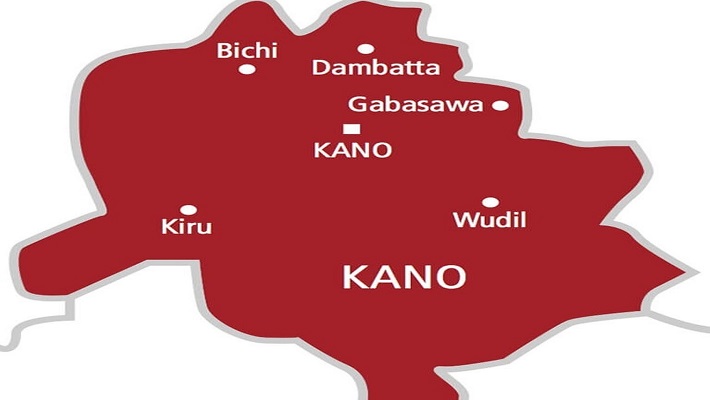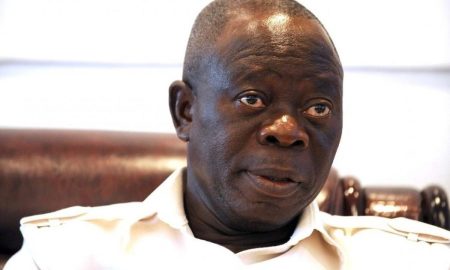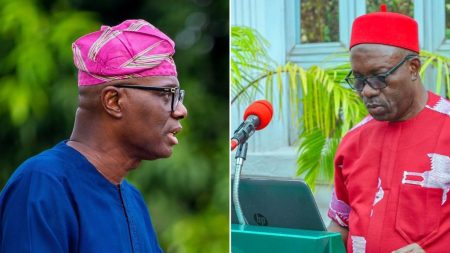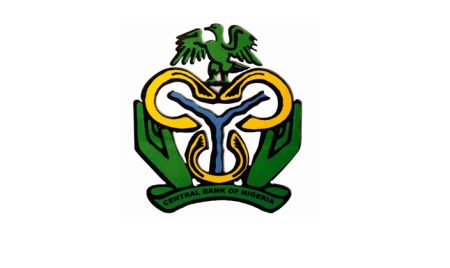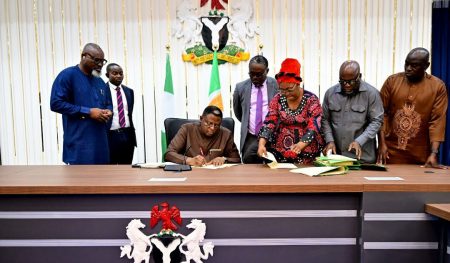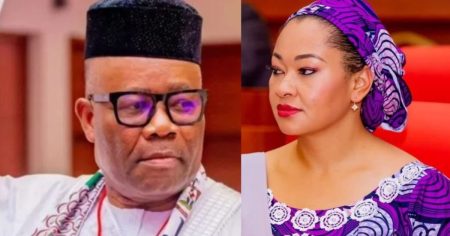The resumption of work after the Eid-el-Kabir holidays in Kano State was marked by a noticeably low turnout of civil servants across various government offices. The Federal Government had declared a two-day public holiday, encompassing Monday, June 9th, and Tuesday, June 10th, to commemorate the annual Muslim festival. This extended break appeared to have impacted the return to work, as a significant number of employees were absent from their duty posts, particularly during the early hours of Tuesday morning.
A survey of several Ministries, Departments, and Agencies (MDAs) within the Kano metropolis revealed a consistent pattern of scant staff presence. At the state secretariat located along Audu Bako Way, only a handful of workers could be seen settling into their offices, with a few others engaged in casual conversations. A similar scenario played out at the Gidan Murtala Secretariat, where some senior officers were observed conducting brief meetings with their subordinates. Even at the Federal Secretariat on Katsina Road, attendance remained low, despite some departments showing signs of partial resumption of activities.
This delayed return to full operational capacity following the festive period is not an uncommon occurrence. Extended holidays often lead to a phased resumption of work, with some employees returning promptly while others utilize the opportunity to prolong their break. Factors such as travel time for those who celebrated the festival outside the city and the need to settle back into routine after the extended break could contribute to the lower initial attendance. While some workers might have chosen to take additional leave days in conjunction with the public holidays, the general expectation is for a gradual return to normalcy in the following days.
Among the few civil servants who reported for duty early, some expressed their commitment to service delivery and their eagerness to address pending tasks. Malam Isa Musa, a civil servant, highlighted his timely resumption at 8:30 am as a demonstration of his dedication to ensuring continuity in public service. He also expressed gratitude for the peaceful celebration of Sallah and the opportunity to return to his responsibilities. Another staff member, Mrs. Aisha Ismael, emphasized the holiday’s restorative aspect, allowing her to spend quality time with her family and return refreshed to serve the public. These sentiments underscore the value placed on both the festive occasion and the commitment to fulfilling professional obligations.
In contrast to the government offices, commercial establishments displayed a somewhat different picture. Banks, markets, and shops across Kano city reopened for business on Tuesday, exhibiting a more robust return to activity. Bank staff were observed attending to customers, indicating a faster resumption of operations in the financial sector. Similarly, markets and shops witnessed a gradual pickup in commercial activities as traders and shoppers resumed their routines. This difference in resumption pace between government offices and commercial entities likely reflects the varying operational requirements and customer service demands inherent in each sector.
The Eid-el-Kabir celebration, also known as the Festival of Sacrifice, holds significant religious and cultural importance for Muslims globally. It commemorates the willingness of Prophet Ibrahim (Abraham) to sacrifice his son Ismail (Ishmael) in obedience to God’s command. Observed annually during the Islamic month of Dhul Hijjah, the festival features prayers, animal sacrifice, and acts of charity, emphasizing the values of devotion, obedience, and compassion. The public holiday declared by the government provides an opportunity for Muslims to participate fully in the religious observances and associated social gatherings, fostering a sense of community and shared celebration. The subsequent gradual return to work reflects a transition back to regular life following the festive period.





